Your resting expression may reveal your socio-economic status.


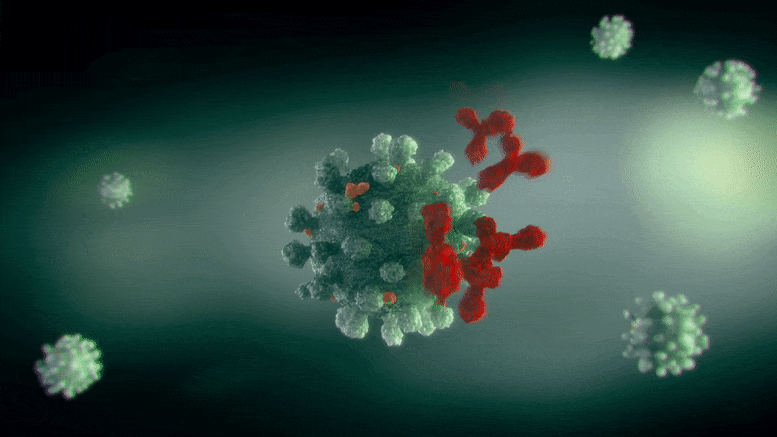
Together with a Duke University team led by Dr. Barton Haynes, Alt and Luo then assessed the efficacy of these antibodies. Antibodies from three of the nine lineages were effective in neutralizing the original Wuhan-Hu-1 virus. The SP1-77 antibody and other members of its lineage, in particular, demonstrated extremely wide activity, neutralizing Alpha, Beta, Gamma, Delta, and all prior and current Omicron strains.
A new approach to virus neutralization
What caused the SP1-77 antibody to be so broadly neutralizing? Structural studies by a collaborating team led by Bing Chen, Ph.D. and Jun Zhang, Ph.D. at Boston Children’s Hospital and the Haynes group at Duke, showed that SP1-77 works differently from current antibodies (either therapeutic antibodies or those we make in response to current vaccines).
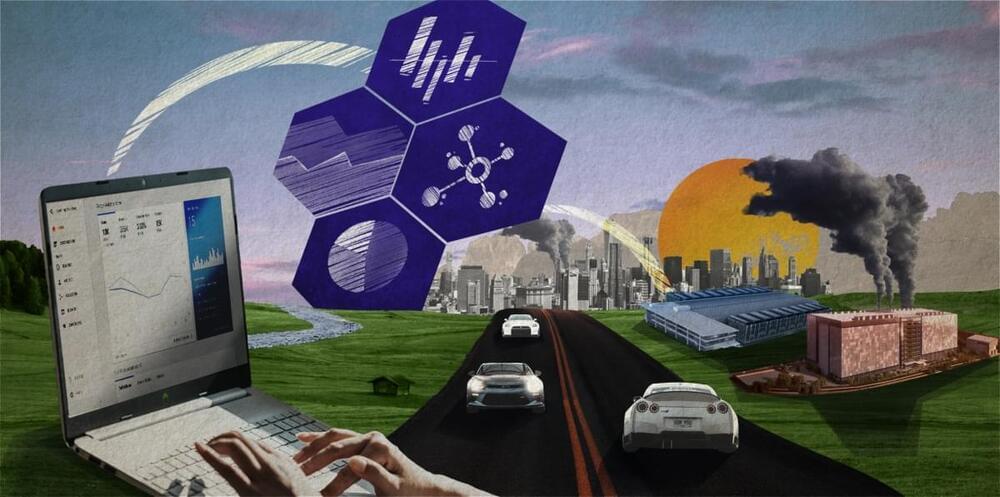
Were you unable to attend Transform 2022? Check out all of the summit sessions in our on-demand library now! Watch here.
Editorial Disclosure: The author of this article has a business relationship with James Phare, CEO and founder of Neural Alpha.
What does sustainability actually mean for organizations? Can it be measured, and if yes, how so? Often, these are obvious questions with less-than-obvious answers, even for sustainability and environmental, social and governance (ESG) professionals like James Phare.

Were you unable to attend Transform 2022? Check out all of the summit sessions in our on-demand library now! Watch here.
The last two years saw cloud technology heavily encouraged across almost every sector. For businesses wishing to thrive in the chaos of the pandemic, the move to cloud environments became a necessity amidst the shift to remote work and the frequent inability to access data centers.
As a result, more businesses than ever — including many in established industries such as manufacturing, retail and healthcare — have accelerated their adoption of cloud-first models and strategies. This approach is empowering these industries with more agility and efficiency in what has been a very uncertain time for the world and thus, for business.


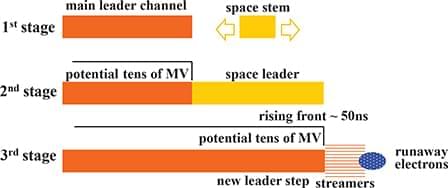
Lightning can produce multiband radio waves and high-energy radiations. Some of them are associated with the formation of lightning leaders. However, their generation mechanisms are not fully understood yet. Based on the understanding of thermal runaway electrons generated at the leader tip, we propose transition radiation of these runaway electrons as an alternative mechanism for producing very-high-frequency radio signals. Transition radiations are induced when runaway electrons cross the interfaces between lightning coronas and the air. By the use of estimated parameters of electron beams emerging from the leader tips, we calculate their coherent transition radiation and find that the energy spectra and radiation powers are consistent with some detection results from stepped leaders and even narrow bipolar events. Moreover, our model also predicts strong THz radiation during the stepped-leader formation. As a standard diagnosis technique of electron bunches, the proposed coherent transition radiation here may be able to reconstruct the actual properties of electron beams in the leader tips, which remains an open question.
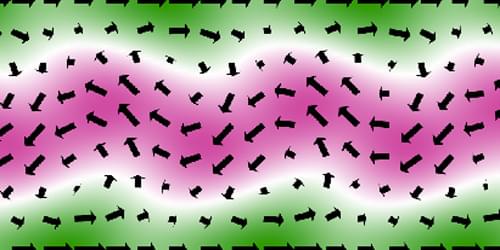
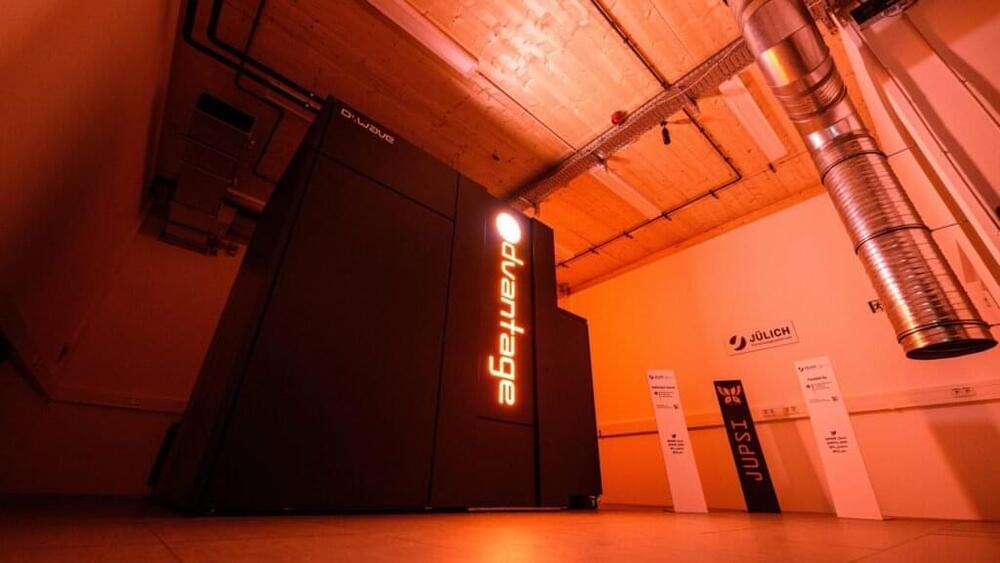
“So a quantum key distribution consists of two things: No. 1, got to have a quantum random number generator, and that’s one of the things that QNu Labs makes,” he said. “The second thing that you need is the receivers in which those two devices connect and be used to convey encrypted messages in this fashion.”
In military use, quantum key distribution would work best in point to point communication — that is, communicating from one person to another. Creating a “true network” that’s able to send the same encrypted message to multiple receivers at once is challenging because the encrypted bit that’s carrying the message eventually begins to lose its coherence and “drops away,” Herman said.
“In the military, where you’re sending extremely sensitive classified data from one office to the next, you want to make sure that no one’s going to be able to break into and decrypt that,” he said. “Well, [quantum key distribution] is definitely a way in which to carry that out.”
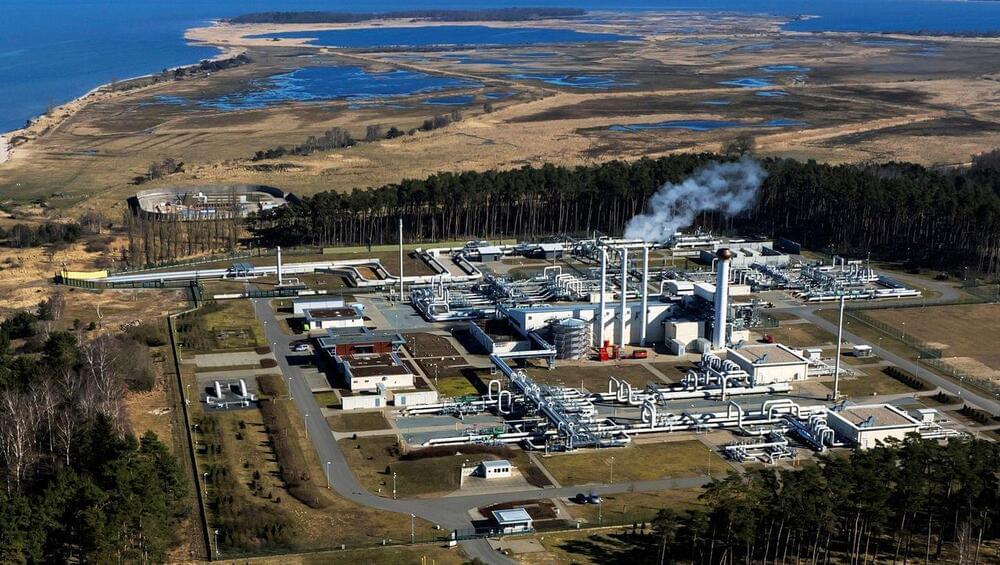
On the other hand, ever since Moscow’s invasion of Ukraine in February, Germany has been doing all it can to become independent of gas imports from Russia. The country’s storage facilities are filling up and natural gas consumption, particularly in industry, has dropped significantly. So does that mean that the suspension of deliveries via Nord Stream 1 isn’t such a big deal after all? We have compiled answers to the most important questions.
How badly will German natural gas supplies be affected by the suspension of Nord Stream 1 operations?
The discontinuation of gas deliveries from Russia is certainly a setback for German efforts to fill storage facilities to maximum capacity before the arrival of winter. And drives prices even higher. For the moment, though, no industrial operation or household must be concerned about a sudden suspension of gas supplies. Natural gas demand is rather low for the time being, and plenty of the fuel is being delivered from other countries, though at a much higher price.